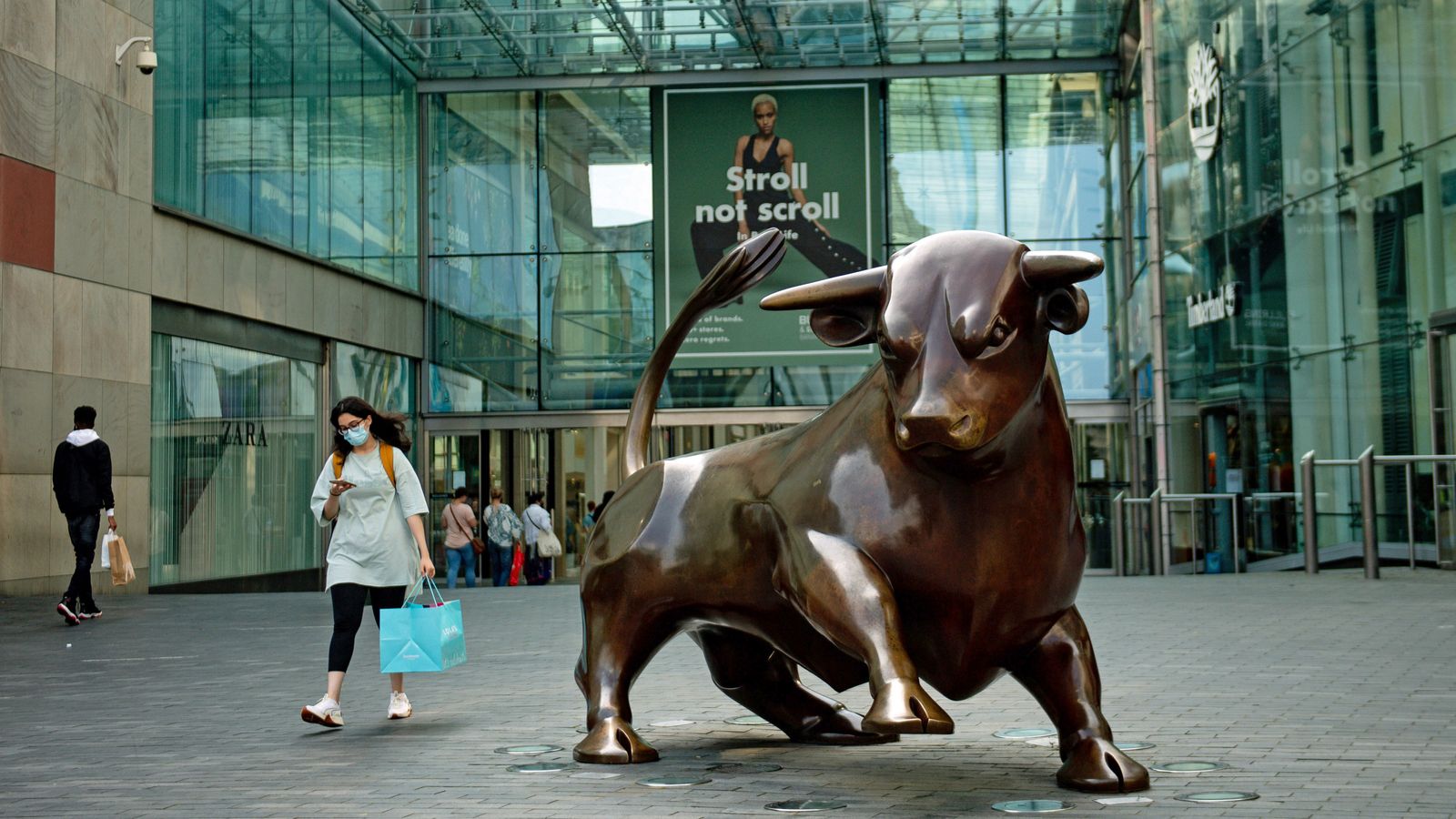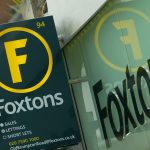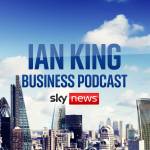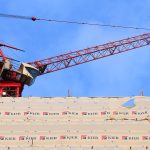It was no surprise on Friday to see the red ink flowing liberally at Hammerson.
The shopping centre operator, whose UK assets include Brent Cross in North London, the Bullring in Birmingham and Cabot Circus in Bristol, had – in common with other major commercial property companies – signalled the damage COVID-19 was doing more than a year ago.
But the numbers were still pretty stark nonetheless.
Live COVID updates from the UK and around the world
Hammerson, a FTSE 100 member for 13 years until March 2018, reported a full year pre-tax loss of £1.7bn – up from £781.2m the previous year – after writing down the value of its assets by nearly £2bn.
So-called ‘passing rent’ – a meaningful barometer of what is going on in the business day-to-day was down by more than 10% and net rental income almost halved during the year.
The hit from lost rental payments was also compounded by lost revenues from other sources of income such as car parking charges.
Hammerson’s portfolio, which outside the UK also includes assets in Ireland, France, Spain, Germany, Italy and the Netherlands, is now valued at £6.34bn – down 24% on the previous year. The biggest write-down was in the value of flagship assets such as Brent Cross and were bigger in the UK than in the company’s next two biggest markets, France and Ireland.
These figures reflect a tumultuous year that saw the departure of David Atkins, who had been chief executive for more than a decade, as well as a cash call in August. That saw Hammerson raising £552m – more than its £430m stock market valuation at the time.
So many shares were issued that the company accompanied the rights issue with a share consolidation that saw investors being issued one new share in Hammerson for every five they previously owned.
Those shareholders in many cases were still smarting from a decision by Mr Atkins and his boardroom colleagues, in 2018, to turn down a £5bn takeover approach from the French real estate giant Klepierre.
Into this has walked Rita-Rose Gagne, the first woman to take the post of chief executive at a major player in the blokeish UK property sector, who succeeded Mr Atkins on 2 November.
It looks a daunting challenger for Canadian-born Ms Gagne, who previously ran a £9.5bn property portfolio at the global real estate company Ivanhoé Cambridge, not least because, due to the lockdown restrictions, she has not been able to meet her investors or the analysts that cover the company in the flesh.
With most of the rotten news already out there – and reflected in the company’s bombed-out share price which, at its nadir in September, was down by 90% since the start of 2020 – investors were probably more interested in hearing her thoughts on Friday on what she plans to do with the business.
In the short term, her priorities are clear – creating a “path to safety”, as she put it.
That means further asset disposals, on the back of last month’s £55m sale of the Brent South shopping park to the London Borough of Barnet, as Hammerson seeks to build balance sheet strength and to simplify its portfolio.
Ms Gagne said that she thought Hammerson was still carrying too much debt. This stood at £2.2bn at the end of 2020 – down from £2.8bn at the end of 2019 and reflecting the benefits of last summer’s cash call.
A comprehensive review of the company’s assets is under way although Ms Gagne did not go into details.
She said sales would be of assets that were “not strategically relevant” and that those which could be sold most easily would probably be first to go.
Meanwhile, shareholders may well be invited to put their hands in their pockets again, with all options for a refinancing said to be on the table.
Longer term, Ms Gagne said Hammerson had not responded rapidly enough to changing consumer habits and not managed its assets to create locations that felt “dynamic and relevant” to visitors.
She said an “innovative management approach” would be needed in which Hammerson worked more closely with its blue-chip partners.
That means reconfiguring the portfolio and repurposing assets as the company seeks to respond to changing shopper habits.
By way of example, Ms Gagne said Next had taken on some space vacated by crashed department store chain Debenhams at the Oracle shopping centre at Reading, as well as highlighting plans to build rental properties on the site of the old Debenhams at the Highcross centre in Leicester.
She insisted that established brands, such as Everlast – owned by Mike Ashley’s Frasers Group – Foot Locker and Bensons for Beds, were still taking new retail space.
She added: “Despite what you may read, successful retailers don’t just want short leases and turnover.”
In many cases, these are on new leasing models, as both the retail sector and their commercial landlords move away from the traditional business model of “upward only” rent reviews. Some of these new leases are fixed around the rate of inflation.
Right now, the sexiest parts of the commercial property sector are in the warehouses and logistics centres supporting online shopping, with even office assets more sought-after than retail assets. That makes Hammerson – which in the last decade has exited the office market to focus on retail – a relatively unglamorous business compared with the likes of Segro.
But Ms Gagne clearly believes there is an opportunity there.
She summed up: “Believe me, I recognise and see the extent of the challenges ahead. Leaving aside the financial impact caused by the pandemic, the sector is going through a structural transformation that I have seen and worked through in many markets across the globe, particularly in Asia.
“It is evolving to a model where all city centre assets have multiple uses. I do believe we have the right assets in the right locations to provide these future destinations.”
In the meantime, trading continues to be tough, which will pose challenges of its own. James Lenton, the outgoing chief financial officer, said 80% of rents would still need to be collected this year for the company to break even.
The company does have a little time on its side. The next two years will not be too onerous in terms of meeting debt repayments – they really kick in during 2023 – and that ought to mean it is not a forced seller of assets just yet.
Investors, though, remain concerned that Hammerson will ultimately have to reduce debts further by selling not just its unwanted assets but some of its more prized ones.






















